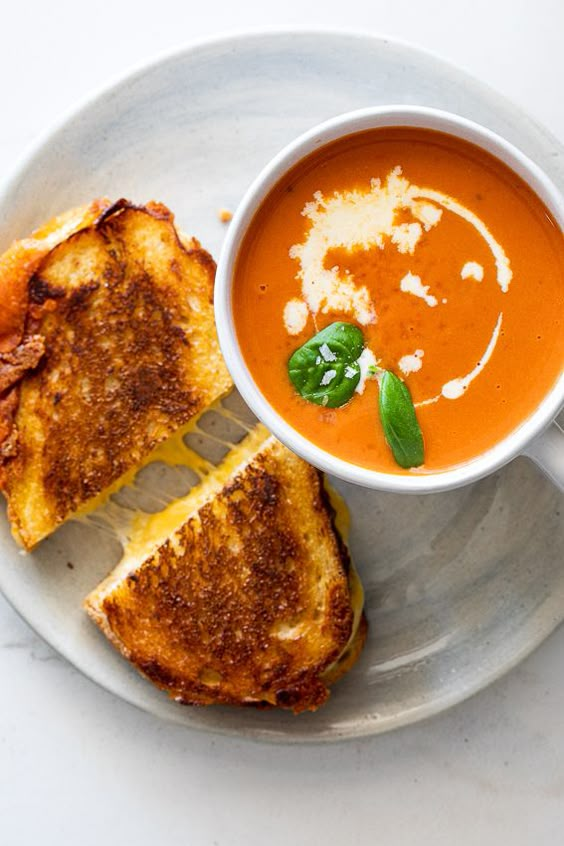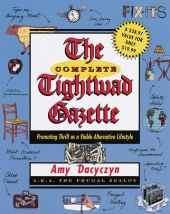
 7
7










Invasive plants are Earth's way of insisting we notice her medicines. Stephen Herrod Buhner
Everyone learns what works by learning what doesn't work. Stephen Herrod Buhner
 9
9




 6
6





 9
9




 4
4




 1
1




 7
7






 10
10




 11
11




Skandi Rogers wrote:If you turn up at the shop and they have a load of X that you don't need today marked down to clear take it, but only take it if it is something you would normally buy.
Pecan Media: food forestry and forest garden ebooks
Now available: The Native Persimmon (centennial edition)
 8
8




Pecan Media: food forestry and forest garden ebooks
Now available: The Native Persimmon (centennial edition)




Dan Boone wrote:
Skandi Rogers wrote:If you turn up at the shop and they have a load of X that you don't need today marked down to clear take it, but only take it if it is something you would normally buy.
I hew to an opposite philosophy. In normal times (not during the pandemic, when all my household's shopping is curbside pickup only after online ordering) I haunt the distressed produce rack, the expired containers bin, and I look all over the store for half-off clearance pricing on about-to-expire items. Not only do I get entertaining luxuries that way, like fancy jams and jellies that cost no more than the cheap stuff I normally buy, but if there are ten pounds of produce that will be moldy in two days, I'll take it home and cook it or preserve it. At least a third of my big cooking projects (where I make food I can eat for a week) are inspired by some huge load of produce I bought for next to nothing. It's not so much "would I buy this anyway" as "can I think of a way to prepare this cheap food resource in a way that I'll eat?"


 1
1




Skandi Rogers wrote:[Unfortunately they don't really discount short date/damaged things here, they started some "reduce food waste" shops in Copenhagen.. so they ship it all down there to sell and get brownie points with the green lobby. Those of us who live in the poor outskirts of the country have to pay full price.
 6
6




A piece of land is worth as much as the person farming it.
-Le Livre du Colon, 1902
 2
2




Timothy Markus wrote:I was stunned that I had to explain cost/unit to him. No one had ever taught him how to save money when shopping and it's one of the most useful life skills.
 2
2




S Tonin wrote:When I was 18, someone gave me a copy of The Complete Tightwad Gazette as a joke; little did they know it was one of the best gifts I've ever received.




Douglas Alpenstock wrote:
Perhaps you could chat with the store manager or the produce section manager?







 5
5




 1
1




A piece of land is worth as much as the person farming it.
-Le Livre du Colon, 1902
 2
2




 3
3




 2
2




 5
5




 6
6




Living a life that requires no vacation.
 5
5




Stacy Witscher wrote:
Also, knowing what function an ingredient serves allows substitutions for what you have, like beer is often added to a recipe to provide some bitterness, coffee is a good substitution, or vice versa, depending what you are likely to have.
 2
2




L Allen wrote:
Stacy Witscher wrote:
French onion soup is the prime example. It's just onions and beef stock and butter, but if you don't know how to follow the right process, it won't be French onion soup.
I've got one of Julia Child's cookbooks, which I got when I was in university. The first thing I made from it was French onion soup. Took 3 days, start to finish from making beef stock to the soup, but it was absolutely the best FO soup I've ever had.
A piece of land is worth as much as the person farming it.
-Le Livre du Colon, 1902
 1
1




Douglas Alpenstock wrote:Tacking back to the OP:
I have been trying to bulk up the plant protein quotient of all meals. If there isn't a ton of protein, I'm hungry again in an hour. I'm an omnivore, but meat is comparatively spendy, and using it as a flavouring instead of the core, sort of a 50/50 method, is a great (and painless) way to save money. Chickpeas work with everything.
Western Canada is one of the top producers of chickpeas and lentils in the world; but we export it all overseas. Granted, it is produced through industrial farming methods which have issues, but still it's insane that we don't eat what we grow.
Invasive plants are Earth's way of insisting we notice her medicines. Stephen Herrod Buhner
Everyone learns what works by learning what doesn't work. Stephen Herrod Buhner




I want to be 15 again …so I can ruin my life differently.
 4
4




Douglas Alpenstock wrote:Buy a small chest freezer so you can buy and freeze in bulk, and have "emergency meals" ready to go for the day when everyone is too tired to cook. This pays for itself almost instantly, and saves a fortune over time.


 4
4




The soul of the sluggard craves and gets nothing.









 11
11




"The best preparation for good work tomorrow is to do good work today."
(Elbert G. Hubbard, Roycroft Founder.)
 3
3




I want to be 15 again …so I can ruin my life differently.
 5
5




Elva Alice Hunter wrote:
So I'd start by looking at my trash, and asking some questions.
I am only one, but still I am one. I cannot do everything, but still I can do something; and because I cannot do everything, I will not refuse to do something that I can do. (E.E.Hale)
 6
6




Betty G.
 5
5




 3
3






 5
5




 9
9




You are welcome to check out my blog at http://www.theartisthomestead.com or my artwork at http://www.davidhuang.org
 2
2





|
These are not the droids you are looking for. Perhaps I can interest you in a tiny ad?
permaculture bootcamp - gardening gardeners; grow the food you eat and build your own home
https://permies.com/wiki/bootcamp
|









